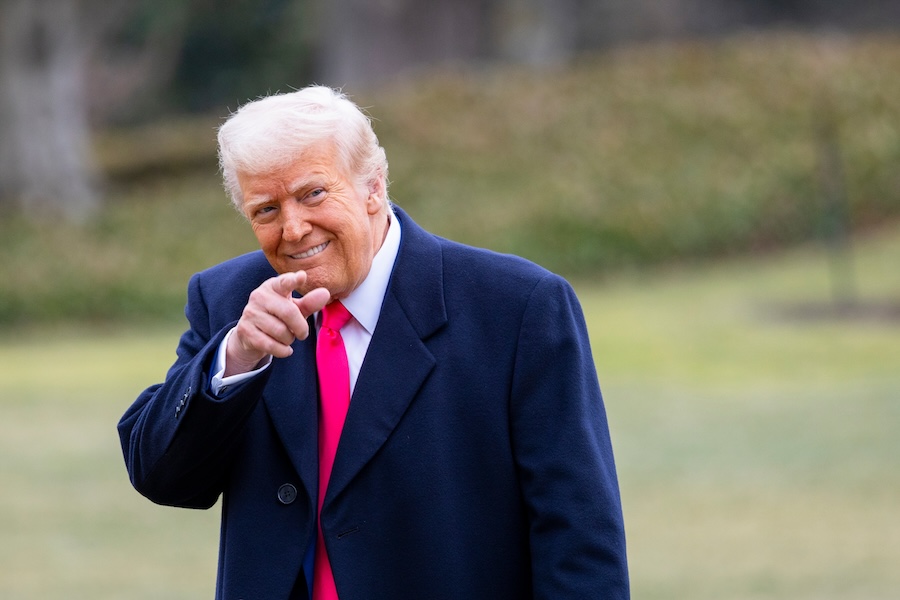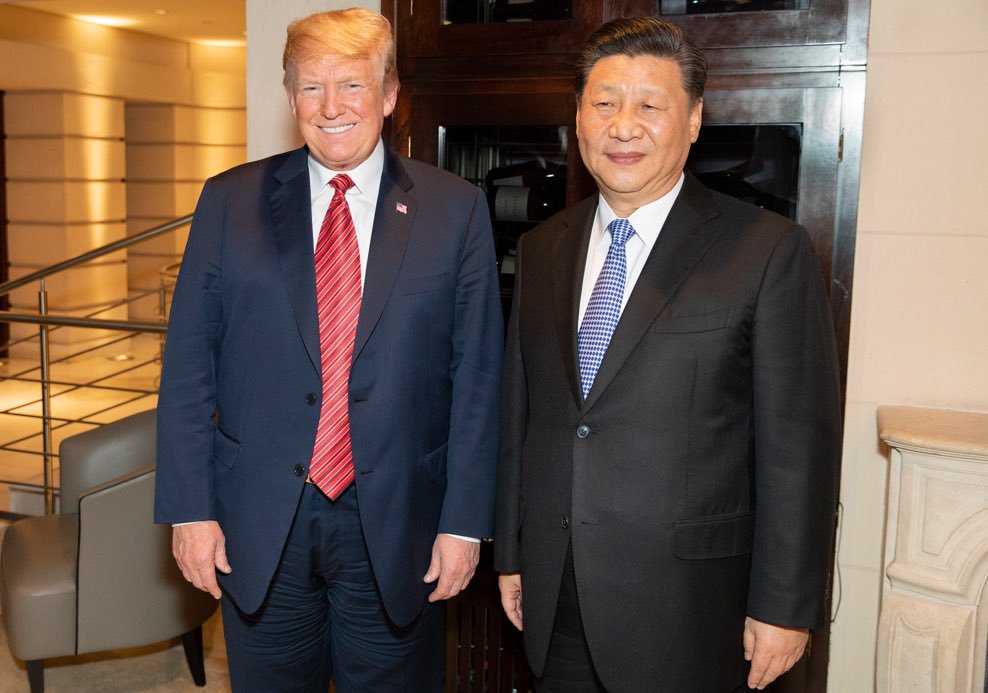Politics
U.S. & China Make ‘Substantial’ Progress In Trade Talks, Trump Says: ‘TOTAL RESET’

Treasury Secretary Scott Bessent described Saturday’s marathon trade talks with China as “substantial” and “productive,” while President Trump shared that a “total reset” on trade discussions had been achieved.
Bessent and his team met with Chinese Vice Premier He Lifeng in Switzerland on Saturday for the first trade discussions between the two nations since Trump unveiled his tariff strategy on April 2. The treasury secretary said he would provide the president with a briefing on Monday, while U.S. Trade Representative Jamieson Greer, who also attended the meeting, said the differences between the two sides were not as great as previously thought, Reuters reported.
“I’m happy to report that we’ve made substantial progress between the United States and China in the very important trade talks,” Bessent told reporters. The talks continued into Sunday as both sides seek to work out renewed trade agreements.
Ahead of the talks, Trump floated the idea of a substantial reduction of the 125 percent tariff currently placed on Chinese goods to 80 percent, or even as low as 50 percent. The administration has stressed that a reduction will not be enacted without significant “concessions” from Beijing, however, including wider access to Chinese markets for American companies, as well as the reduction or elimination of tariffs on a number of key exports.
The two sides have already come to agreements on a number of exports, including ethane. China purchases roughly half of all U.S. ethane exports on a yearly basis, a crucial product for major Chinese firms such as Satellite Chemical, SP Chemicals, Sinopec, Sanjiang Fine Chemical and Wanhua Chemical Group, while the key U.S. exporters are Enterprise Products Partners and Energy Transfer.
China agreed last month to waive its 125 percent tariff on U.S. ethane exports, adding the product to a growing list of similar exemptions. The Chinese government has granted exemptions for pharmaceuticals, microchips and aircraft engines, while Chinese firms have been asked to identify critical exports that should remain tariff-free.

Trump and Chinese Premier Xi Jinping meet at the G20 summit in 2018
On Sunday morning, President Trump stated that the two sides had negotiated a “total reset” after 10 hours of discussions in Geneva.
“A very good meeting today with China, in Switzerland. Many things discussed, much agreed to. A total reset negotiated in a friendly, but constructive, manner,” the president announced in a Truth Social post. “We want to see, for the good of both China and the U.S., an opening up of China to American business. GREAT PROGRESS MADE!!!”
Trump announced a round of tariffs on dozens of trading partners on April 2 before issuing a 90-day pause to continue negotiations, with the exception of China. The president later imposed a 145 percent tariff on all Chinese goods, at which point China responded with a 125 percent tariff on American goods.
Bessent said in April that tariffs could cost more than 10 million jobs in China, making Chinese tariffs unsustainable.
“Even if there is a drop in the tariffs, they could lose 5 million jobs,” Bessent told White House reporters. “Remember that we are the deficit country. They sell almost five times more goods to us than we sell to them. So, the onus will be on them to take off these tariffs.”

